
Brian Landrus. Photo credit Vince Segalla
LondonJazz New: You live in Brooklyn, but you’re not a New York native.
Brian Landrus: I grew up in Reno, Nevada, and then moved to Boston to do two masters degrees at NEC, and then I think a week after I graduated I moved to NY. I’ve been here for 14 years now.
I always knew that I’d move to New York. It’s funny, my mom found a journal from when I was 12 and it had an entry like “Write what you want to be doing when you’re 30” and I wrote that I wanted to be playing jazz in New York City.
LJN: How influential was that period in Boston?
BL: When I went to NEC I was able to study with three artists in particular who were heroes of mine: Jerry Bergonzi was teaching saxophone and improvisation, as was George Garzone, and Bob Brookmeyer was teaching composition. But more importantly in a lot of ways we just had human connection and would talk about life. They all taught me a lot.
Not yet a subscriber of our Wednesday Breakfast Headlines?
Join the mailing list for a weekly roundup of Jazz News.
When I moved to Boston I was a tenor player. When I first played baritone when I was 15, I said to my friends “I think this is what I’m supposed to do” and they all kind of laughed because I sounded terrible, and they were like “please stop now”.
I loved playing baritone but I kept on fighting it for several reasons, but mainly because I loved improvising; when I played baritone in big bands there was not much opportunity to create. But Bob Brookmeyer – who had been a band leader for Gerry Mulligan for a long time – allowed me to get his perspective on playing baritone in a large ensemble, and what to do with my career really.
Bob heard me on both tenor and baritone; he told me to play a ballad on both. I think I played Body and Soul, and he said “Well you know, that’s easy – just sell your tenor”. I remember being kind of offended, but he was like – “Brian, it’s just really obvious – I think there’s something really unique there”. And that’s where it all changed. The same with bass clarinet, not till I went to NEC did I really start concentrating on the instrument and playing Bird and improvising on it.
There were so many lessons I learnt from Bob. One of them was my gripe about not soloing on baritone, or being able to create. And he just told me “That’s easy to fix. You write the music, write a part for yourself and there it’s done, what do you know”. That kind of changed everything for me, and it’s helped get these instruments a little more used as melody or improvisation.
LJN: It seems Bob Brookmeyer and the composition part of your study were really important…
BL: When I started at NEC they let me in for both a masters in Composition or Performance. They basically told me out the gate that it’d be really really hard to do both, and it’s smart just to choose one. To spend time with Bob I’d need to do composition, so I chose that route. The whole time I was there I was spending six hours a day in a practice room, and writing many hours after that. In my second year, in talking with the other teachers, I realised that if I wanted to get in the pot with the great ensembles I needed to be doing a Performance major also.
NEC was an encouraging place to find my own voice,and to follow my instincts. Playing many gigs is great, but it’s not where I wanted to be – on Broadway or as a sideman. I wanted these instruments to have a lead role and write music for them, and to do that I knew I’d need to forge my own path. It made me hungry to practise more, put out more records, and get my doctorate.
LJN: I wanted to ask – it is not common for a jazz performer to have a doctorate…
BL: I always wanted to follow in the footsteps of people like George Garzone – he teaches a few days a week and he plays around the world – I really wanted to take that path, to be able to play the gigs that I wanted to play. And to get that teaching role I needed to have a doctorate. The days of incredible musicians teaching full-time without a doctorate are over.
That’s where Bob Aldridge came in – an incredible Grammy-winning opera composer and an incredible man. He interviewed me at Rutgers for a PhD in classical composition. He said it would be serious, and wanted to make sure that I could hang. He told me “You’re going to have to dive deep into the orchestral repertoire; in a classical sense, not the jazz sense”. He told me it would be extremely difficult, but that it would add something extra. I already had three degrees in jazz and he knew that I could do that, but if I had one in classical music that would be a side of knowledge that most people won’t have.
Some people on the faculty were not encouraging for a jazz guy to come get a classical degree. I had a few problems with faculty and terminology: I’d analyse using jazz harmony as well as classical harmony; they’d tell me I was wrong. And sometimes they thought what I would say about improvisation was provocative, as if improvisation was not part of classical music history.
Mozart, for instance. Mozart is well documented as an incredible improviser, he wrote about it himself. There are biographies that talk about him improvising a piece, and that it was taken down by people who he’d pay, people to dictate. But the uproar! The faculty would freak out. And then I would say “What about Bach?” There’s a lot of documentation that every Sunday Mass he went in and improvised all the different parts. He’s not so different to Monk, really. When I’d say that, they’d lose it.
We’re not all that different, and it’s strange that people want to put this artificial divide between classical and jazz music. Improvisation was a big part of classical music and a lot of people want to forget that. It only really stopped when conservatories took over training of elite artists around 1875. I was trying to really focus on that common improvisational aspect during my PhD and luckily there were some very receptive professors. Bob Aldridge, who was head of the music department when I started – he himself had actually been taking different Stravinsky works and arranging them for Garzone’s band The Fringe.
LJN: Aldridge was part of the arrangement team for your upcoming record For Now, which might tell us something. Where does this record sit in your canon?
BL: I think For Now is the culmination of my discography. My last record Generations was with a 26-piece chamber orchestra: it was really ambitious and turned out really well, but after that I wanted to take it down a notch, to stretch out with more space to explore the territory of the piece without being so confined.
With this project I was really fortunate to work with outstanding musicians, and I started with Fred Hersch. He was on board, but wanted to see the music and get familiar with it. I didn’t have it yet, so I wrote all the music in the following two to three weeks.
I write lyrics for most of my music. They’re never sung but I start first with words, and then put music to the words. That was something that came about from Bob Brookmeyer and other musicians who told me to learn the words to songs you’re playing to make it more meaningful, even as an instrumental. If I’m singing something that’s near to my heart then the music seems to be conveyed stronger. In this record all the melodies themselves, they felt good and they felt different because of it.
After I wrote all the music, and Fred and I had expanded to a quartet, and then a quintet, I realised that a quintet just wasn’t capable of making the sounds I was hearing and I had to add strings. I called up Bob Aldridge and Herschel Garfien. They were both kind of surprised and were like, “Sure – on one tune?” but I was like “No, on nearly all of them.” After I did the main arrangements I sent them to Bob and he went through the charts, and just made them even stronger. That was really fun to collaborate with him, and just go back and forth and try things. But for me, the strings came out of necessity for us to achieve the timbre that I was hearing in my head.
But in the end I wanted this album to feel like a band where we’re playing together, and to bill it as a band. We can augment the instrumentation as much as we want, but at its core it was a quartet: Myself, Hersch, Billy Hart, Drew Gress. So that’s what we put on the cover. I didn’t want to have another record going out under the Brian Landrus quartet. I love these musicians, and it’s all them too.

LJN: Part of the record’s charm is how that line-up varies. It’s an album of many different setups.
BL: I try and vary things on my records. With Michael Rodriguez, he’s such an incredible trumpet player but having him only on a few tracks felt more effective than having him on every track.
Ruby My Dear is a Monk tune that has been sitting on my refrigerator door since my daughter Ruby was born. When I asked Fred if he wanted to do that, he said it was one of the only Monk tunes that he’d never performed – he thought it was beautiful but that it gets so cluttered. So Bob Aldridge and Herschel Garfein suggested we just try it as a duet. We played it once and that’s what’s on the record. In contrast, on For Who I Imagine it just felt right not to have Fred on it, and sonically it’s a big difference without him.
At the most pared-back end, ‘Round Midnight is a song that I’ve played for over 25 years. It has been done so many times by so many incredible people, but I thought why not just do that solo and see how that goes. Bass clarinet is perfect for it because it has an enormous range, and playing solo my goal was to try and cover all the parts of the band – bass, playing arpeggios to fill in the harmonies, melody on top. That song is so beautiful, and bass clarinet is really my home these days, with that earthy organic tone. It just felt great for that song. Sometimes I find those solo pieces in the middle of an album can just cleanse the palate. Especially when the strings are so lush, I find that when you take it down to one instrument, especially a monophonic instrument it can really cleanse everything that happened before.
LJN: I can’t leave you without asking about how you’ve adapted to this new normal, and what you’re looking forward to doing when we come out of this?
BL: It’s just been such a difficult time for everyone. I’m fortunate that I have a full-time teaching position to look forward to in the Fall, and that helps cover for all the touring this summer that is gone. Being stuck at home in an apartment building is not easy – baritone is not a dainty, quiet instrument. I try to keep it down, and usually I know that many people are at work. But not at the moment – in the last months I’ve built a practise room in the living room that cuts half the noise out.
Once this is over I really want to start playing again, and it is heartbreaking that we’re not performing this stuff now. I’ve never released an album without a concert – it’s strange. I want to be here for the jam sessions, I think those will be really interesting for the community to get back together and talk, communicate. I hope coming out of this some positive things will happen – I think people will be coming out more than ever to show their support for what’s going on. So there’s something to look forward to.
For Now is out today, Friday 15 May 2020… and hopefully Brian Landrus will be touring again soon.Categories: Features/Interviews


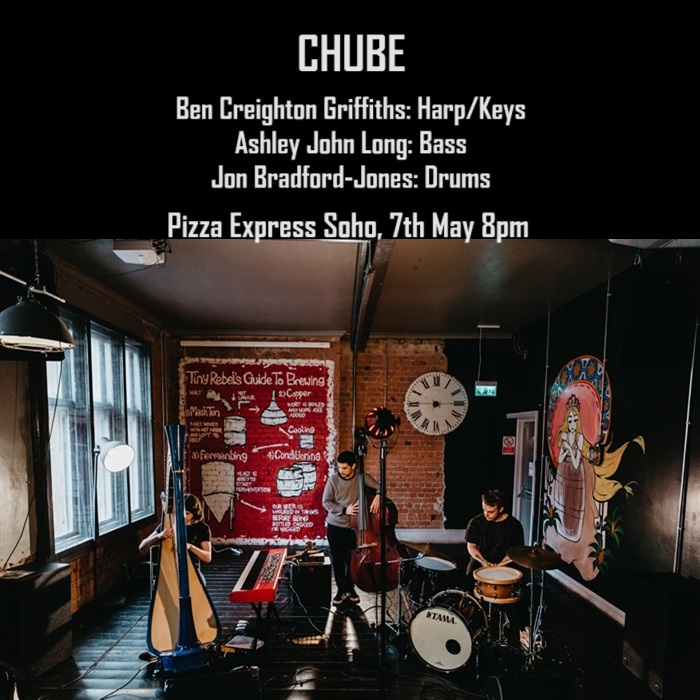


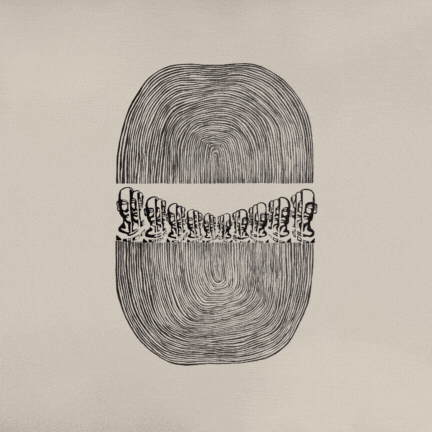

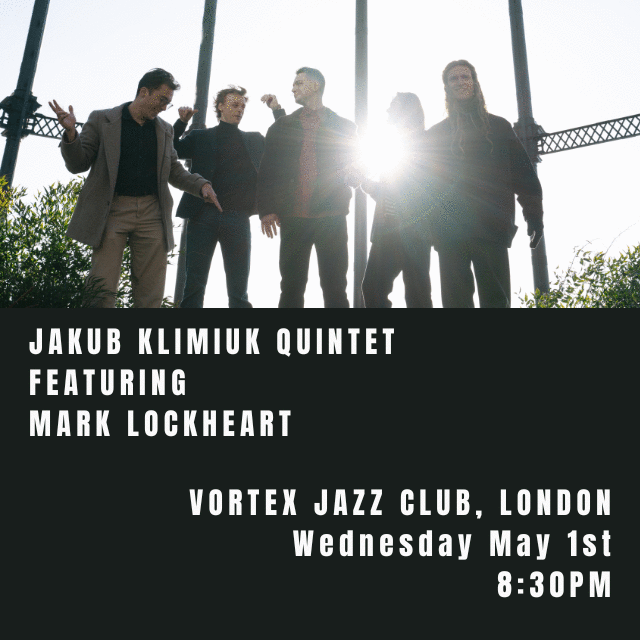
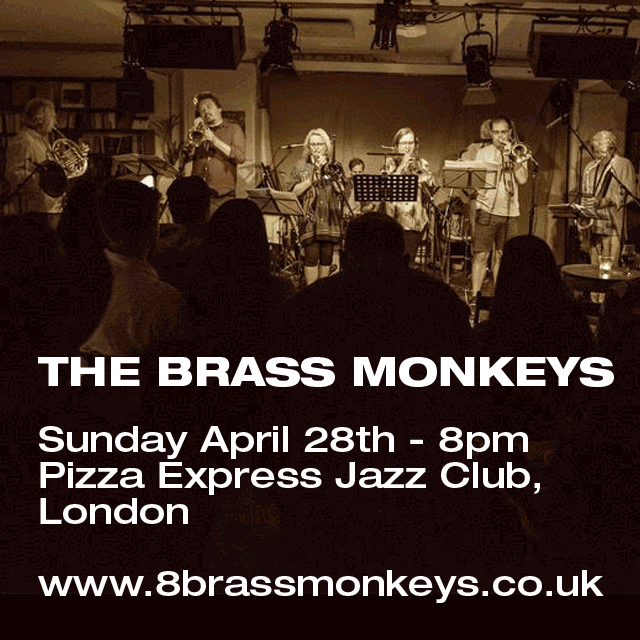
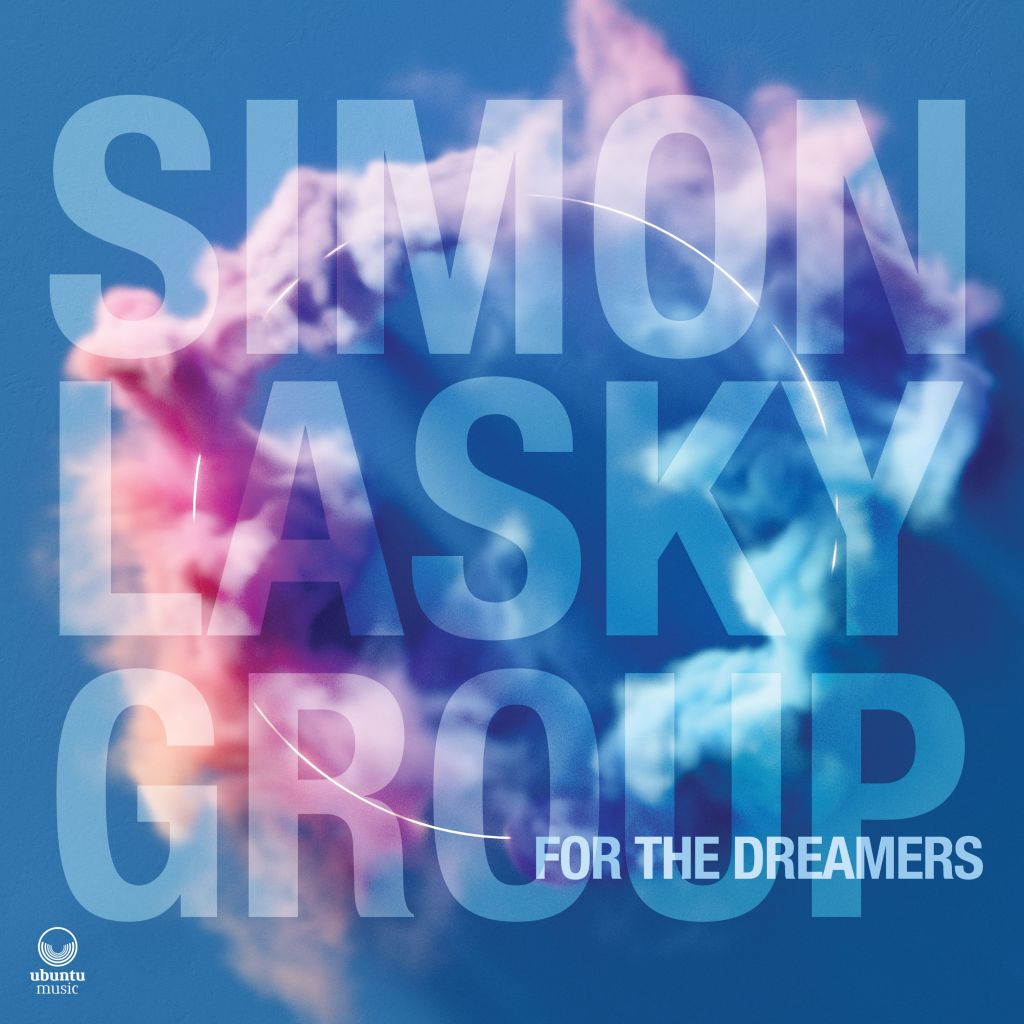
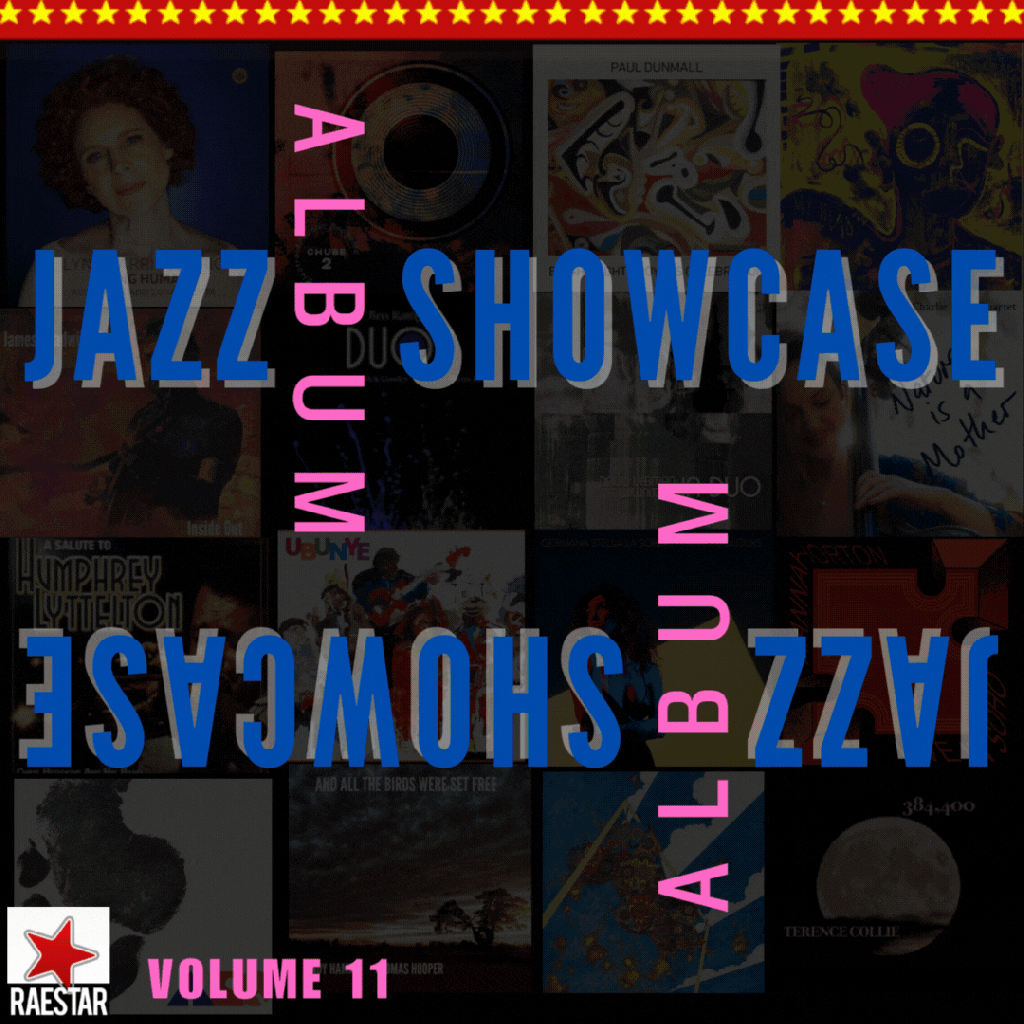

Great interview with Mr Landrus. But his new release seems impossible to buy here in the UK on CD format. Anyone know where to get it without paying exorbitant shipping charges from USA?
Hi David. I work with Brian Landrus and asked him about distribution. Because of the pandemic, the company that is selling CDs and was supposed to make them available via Amazon.com in the UK has closed their warehouse and isn’t making physical albums available. Please reach out to Brian directly via landrus@brianlandrus.com about purchasing one. Thanks!
Many thanks Ann for your very helpful advice. I will definitely do as you suggest .
Hello Ann.
That’s exactly what I did to get a copy of the new album, though due to the pandemic and how it has affected life, it took two weeks to get to me here in Florida.Albums bought from Europe taking 6 weeks to arrive. It’s a fine album.